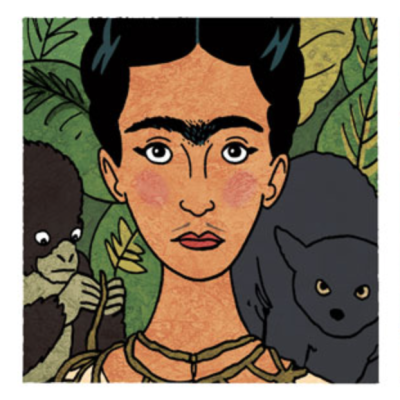Curated Content
“First times” can be awkward, exhilarating, and everything in between. They come with the tentativeness of sexual exploration – of figuring out what one wants and of nervously (and excitedly) seeking it out
Bleaching syndrome is not a superficial fashion, it’s a strategy of assimilating a superior identity that reflects a deep-set belief that fair skin is better, more powerful, prettier. And it’s not limited to India; skin bleaching is also common in the rest of Asia and in Africa.
“Moti” is often used as a slur, a denigrating epithet translating as “Fatty”, that is used to shame and to degrade; but when the “t” sound is pronounced differently, it becomes “moti”, a pearl – shining, precious, priceless.
“I realised plus-size acceptance is neither a movement to eat whatever you want nor is it about placing restrictions,” Amina said. “It’s about being kind to your body and realising you are not defined by the size of your waist.”
In a world where the body and its desires often become a site for personal insecurities and external policing, confronting the same body in its raw, physical nakedness, and feeling utterly, irrevocably comfortable with it is almost a revolutionary act
When you feel “strange”, alienated, divergent from the reigning patriarchal standards of beauty, and are persecuted for it, sometimes all you need is a kindred spirit.
“Historically, feminism and fashion have been pitted against one another,” writes Manjima Bhattacharjya in her book, Mannequin. It’s a dilemma the fashion industry has struggled with for decades – being perceived as flippant, or existing in a vacuum”
The nature of the labor that goes into performing femininity is that it’s invisible. Or at least it’s supposed to be. As a culture, we expect women to look glossy and shimmery and smooth. We don’t want to know about the time and money that goes into this presentation.
In the short film, Baby Steps, a seemingly mundane Skype conversation between a mother and son turns into something more.
But what about the “moments we don’t Instagram”? What about the uglier parts of our physical lived realities? What about the parts of our body, our identities, our sexuality we don’t perform on social media, but are still an intrinsic part of who we are?
“Disabled people are treated like children,” says Nidhi Goyal, founder director of the NGO Rising Flame, a disability rights activist and comedian. This identification makes the non-disabled — a term Goyal prefers using — feel entitled to decide for them.
Desire is never straightforward, and it cannot be straitjacketed – in fact, there is nothing straight about desire at all. Any issue dealing with desire, therefore, is wasted if viewed through a monochromatic lens.
Female sexuality isn’t in the closet any more. If you look at the spate of films that have been released in the past couple of years, they seem to tell us that women mouth expletives, watch porn and don’t mind talking about orgasms—things taken for granted when it comes to men.
The short film, “#Purana Pyaar”, by Gorilla Shorts, starring veteran actors Mohan Agashe and Lillette Dubey, evocatively highlights how age is no bar when it comes to love and desire.
Have you ever had a “dirty thought”, or rather, a sexual fantasy, at a random hour of a random day?















